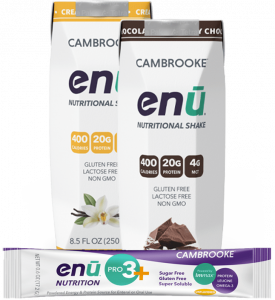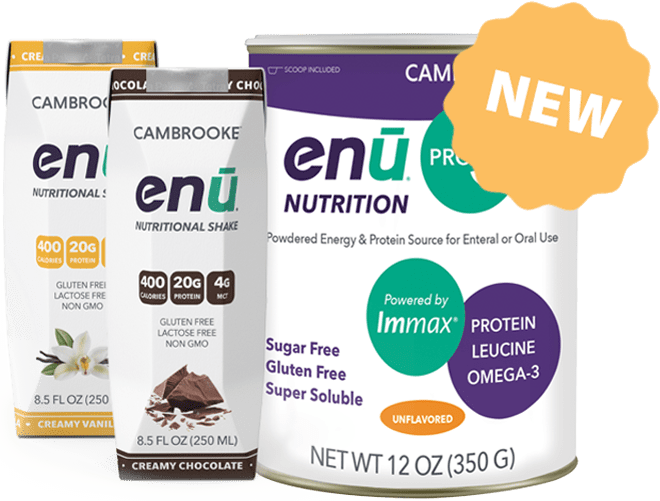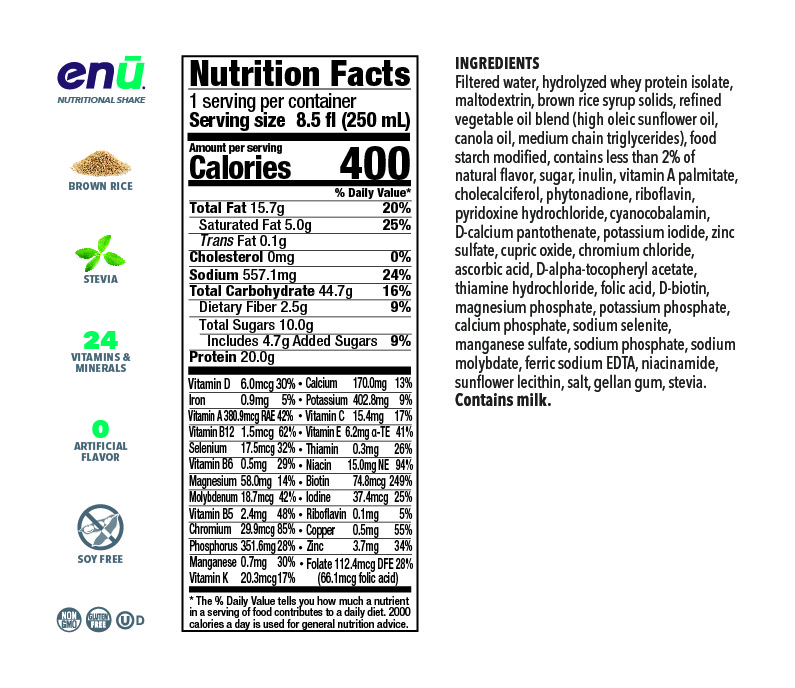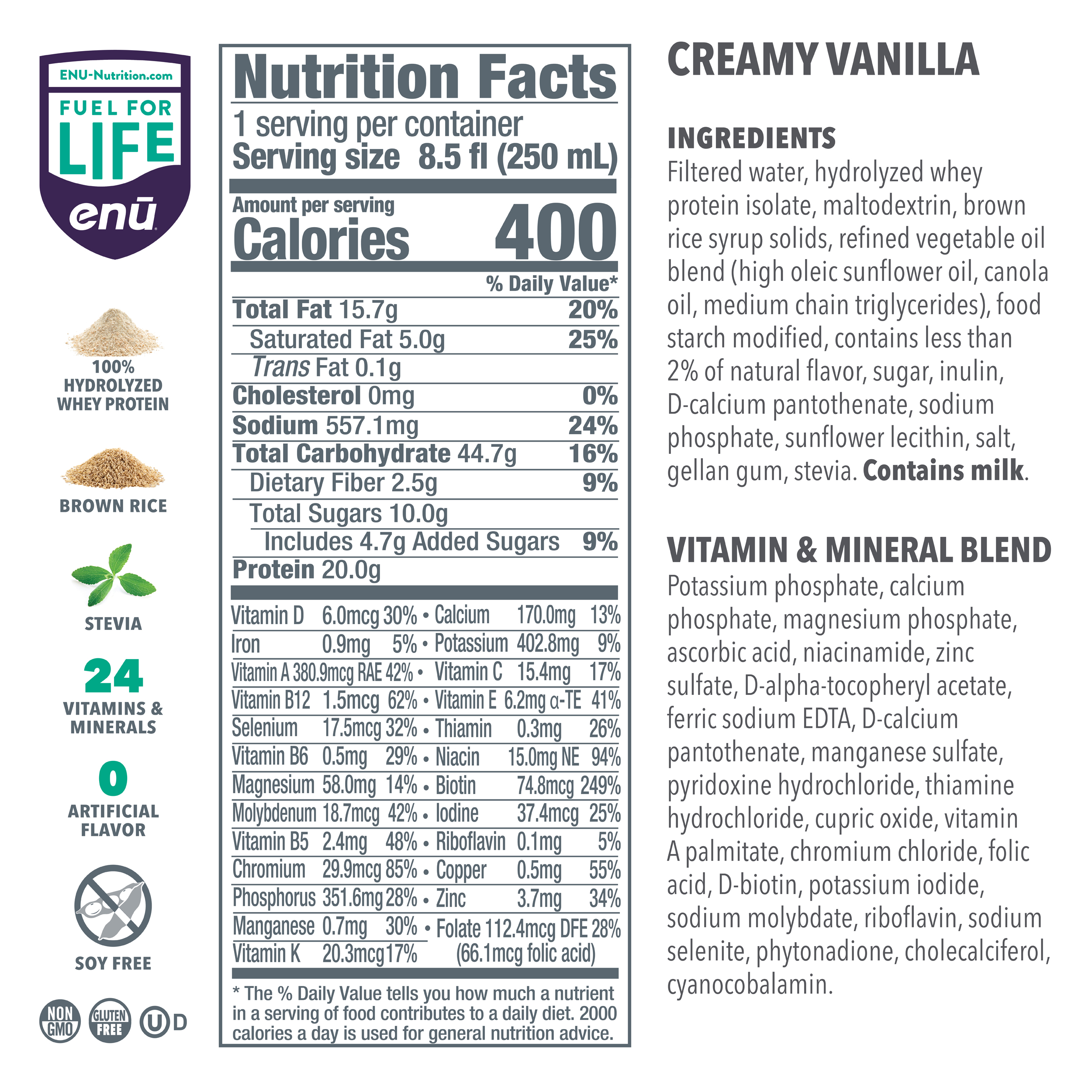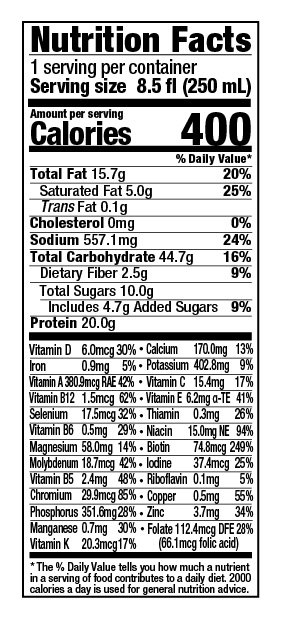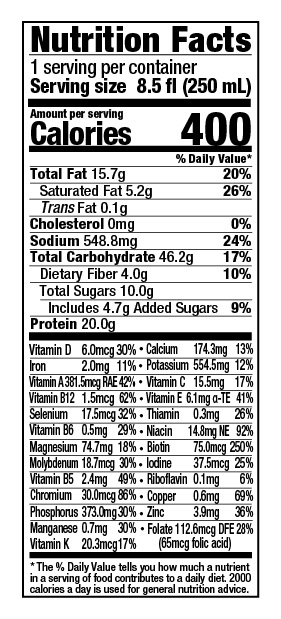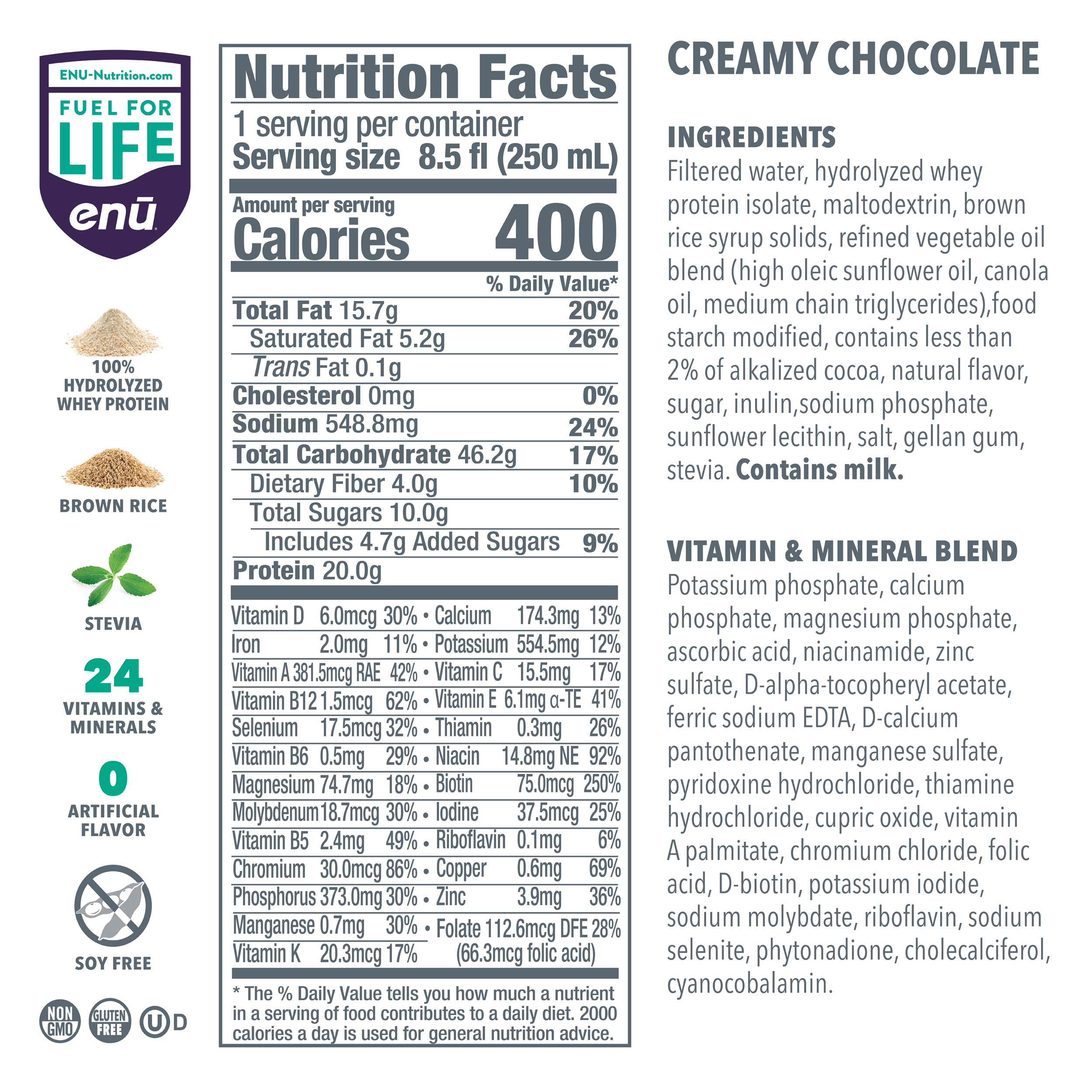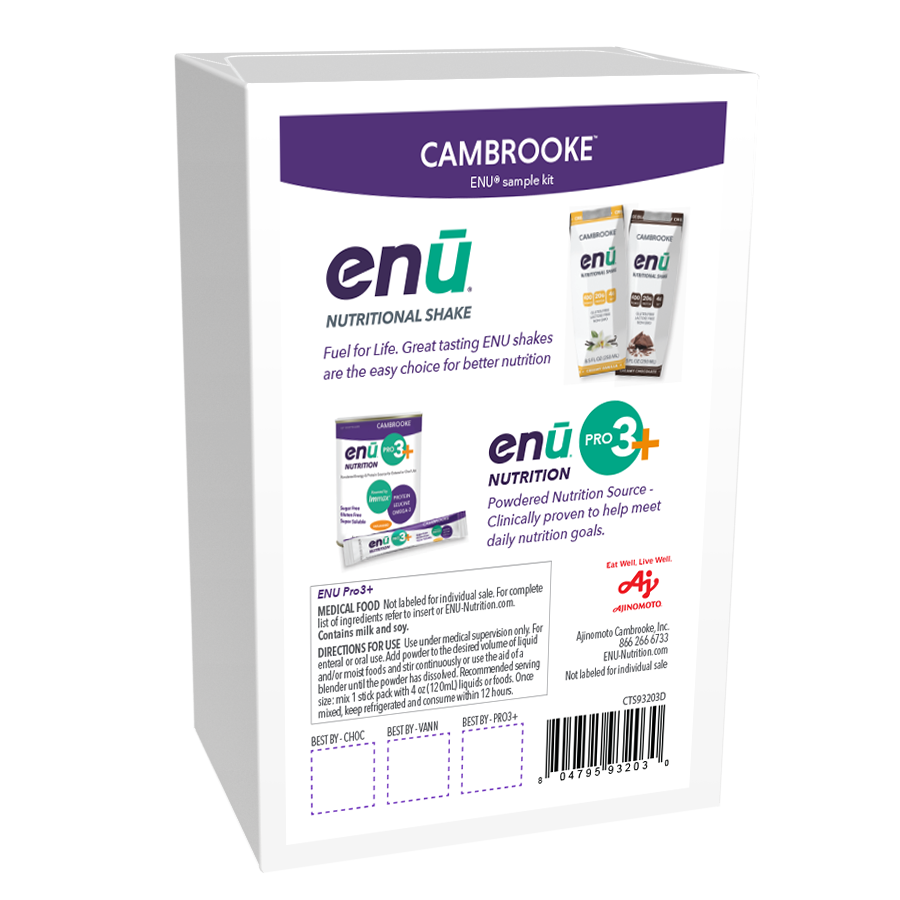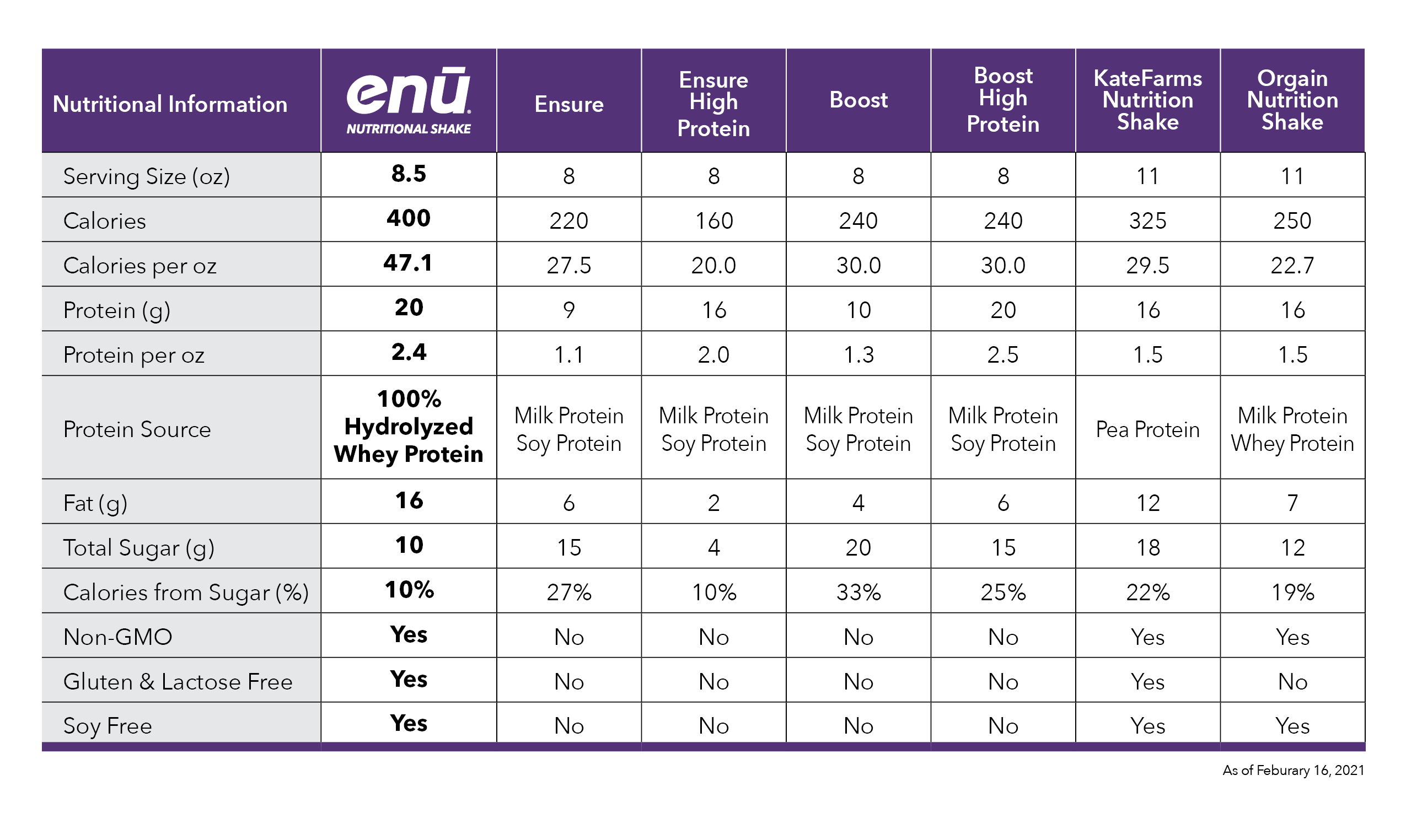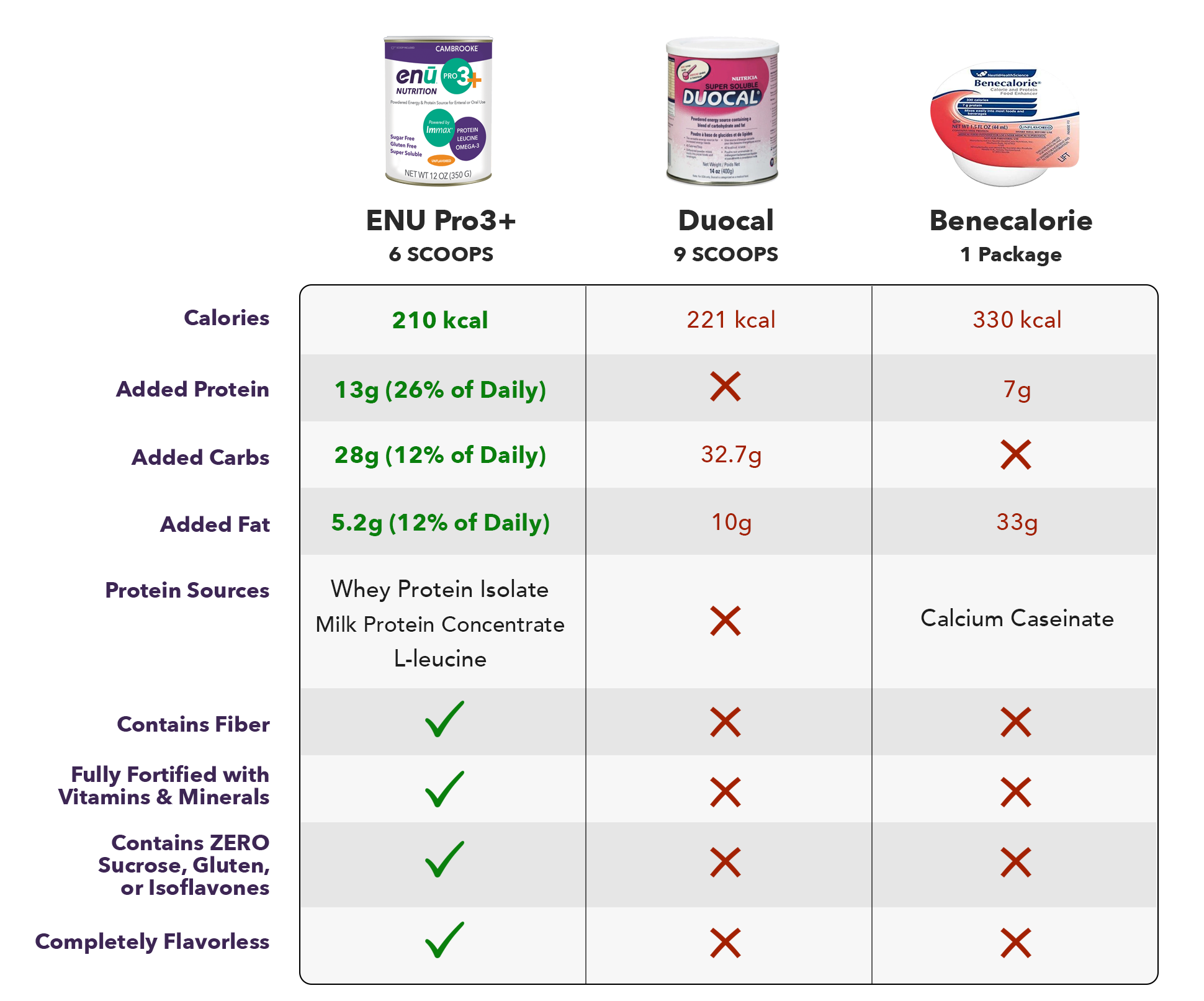
Get a FREE
ENU Intro Pack*
*Just Pay $2.00 Shipping
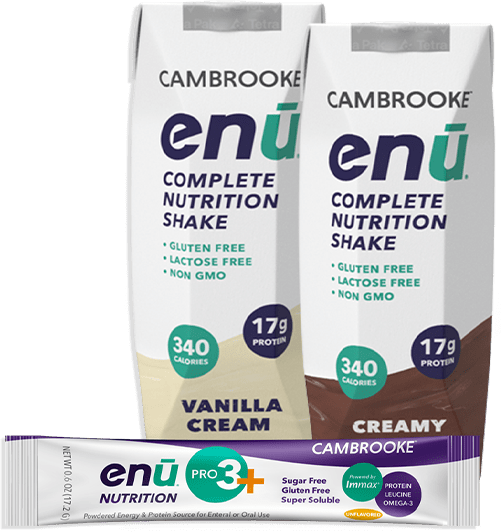
Does Cystic Fibrosis Make You Skinny?
For many people across the country, a thin physique is sought after as an ideal build, but for those who suffer from serious illnesses, simply being skinny can represent an acute health threat. In a healthy individual, the body has stores of energy and nutrients that it can rely on in lean times, or even just between meals or while you’re sleeping. For those with cystic fibrosis, these reserves are far from guaranteed; their illness can have a severe impact on their bodies, often leading to life-threatening complications unless a medical nutrition support diet is carefully observed. Of course, cystic fibrosis is a complicated illness, and it may not affect every patient in the same way, which can cause some confusion regarding its effects. Does cystic fibrosis make you skinny? And if so, what can you do about it? For answers to these and other questions, keep reading as the people at ENU explain.
What Are the Effects of Cystic Fibrosis?
Cystic fibrosis is a genetic disorder passed down from parent to child (even if the parents don’t have symptoms themselves). This means that those who suffer from it have to contend with the effects all their lives. The symptoms are caused by a defect in the cystic fibrosis transmembrane conductance regulator (CFTR) gene, which governs a protein that moves chloride within cells. Under normal circumstances, the CFTR protein moves chloride to the surface of the cell, attracting water that helps thin out the mucus in the body. In those with cystic fibrosis, however, this protein either doesn’t work correctly or isn’t made at all.
The result is mucus that can be many times thicker than what’s found in healthy people; this may not sound all that serious, but the effects can be devastating. Because mucus accumulates in the lungs, patients with CF often have to begin their day with airway clearance techniques designed to thin and drain the mucus there. This not only helps CF patients breathe more easily, but it can help them avoid respiratory infections as well, since the mucus has a tendency to trap bacteria, viruses, and other contaminants in the lungs.
The thicker mucus found in CF patients wreaks havoc in the digestive system as well. Normally, food is partially digested by the stomach, then released into the intestines; at that point, the pancreas releases enzymes to finish breaking down the food, along with fluids to move the food through the intestines and a natural antacid to neutralize any stomach acid that might have entered the area with the food. In someone with cystic fibrosis, thick mucus blocks the ducts of the pancreas, preventing the release of these chemicals and severely limiting how well the patient’s food is digested – and by extension, how many nutrients they can absorb.
How Cystic Fibrosis Makes You Skinny
The symptoms of cystic fibrosis combine to affect body weight in two main ways: by increasing energy expenditure (primarily in the lungs) and by decreasing nutrient absorption (a phenomenon called malabsorption). Together, these effects can make healthy weight management seem almost impossible.
In the lungs, the energy needs of those with CF are increased because of the frequent respiratory infections that afflict CF patients and because of the effort required simply to breathe when you have this condition. Fighting off infections requires work on the body’s part, which means that those with CF burn extra calories because of it, and the presence of mucus in the chest can partially block the airway and impede lung function, forcing the patient to strain themselves with every breath.
In the bowels, the lack of pancreatic enzymes makes it much more difficult for the body to absorb the nutrients it needs to fuel itself, especially given the greater energy requirements of those with cystic fibrosis. This malabsorption has a significant impact on patients’ ability to use fats and proteins – one a major source of calories, the other necessary for healing and preserving muscle mass. In effect, patients with CF can often use only 50-60% of the calories and nutrients they take in.
Given these factors, it’s no wonder that patients with cystic fibrosis tend to lose weight quickly; if your body burns 2,000 or 2,500 calories a day and you’re only taking in 60% of the calories you eat, it’s very easy to find yourself with a sizeable calorie deficit. A single pound of body fat contains about 3,500 calories; if a CF patient takes in 1,000 fewer calories than their body needs (which is entirely possible, and maybe even likely for some patients), then they’ll end up with a deficit of 7,000 calories over the course of a single week, the equivalent of two pounds of fat lost. This is why cystic fibrosis makes you skinny: It imposes huge requirements for calorie consumption while simultaneously making it much harder to actually get those calories.
Maintain a Healthy Body Weight with Help from ENU Nutritional Shakes
If your body can only use a portion of the calories you eat, and you need lots of calories, the only real solution is to consume so many calories a day that you can meet those requirements, despite your limited digestive capabilities. Finding ways to do that can be difficult, though, especially if you have to hit 3,500 calories (or more) each day. Nutritional shakes from ENU can help with this; each shake offers 400 calories, along with easily digestible fats and protein from real food ingredients and a healthy dose of 24 essential vitamins and minerals. To learn more about ENU nutritional shakes and how they can help with your cystic fibrosis diet, visit us online or call (855) 266-6733 today.

